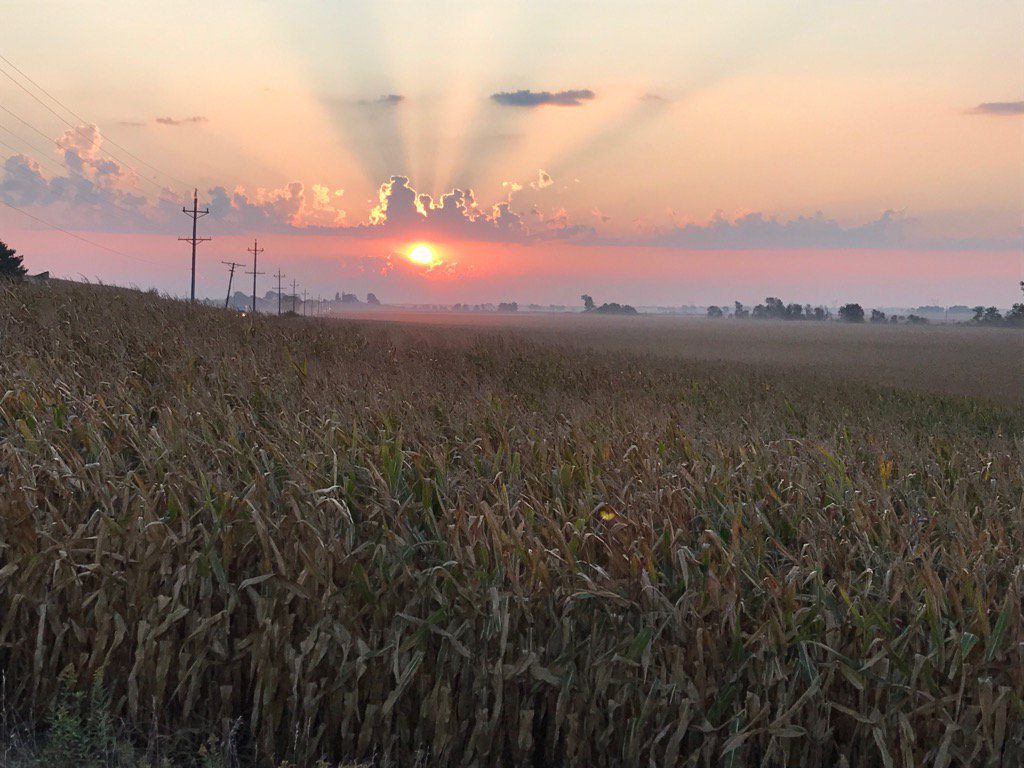The corn and soybean crops on Heckman Farms in Muscatine County, Iowa, weathered their share of storms during the 2019 growing season, says Mark Heckman. A wet planting season left some acres unplanted, dryness set in during the middle of the growing season and then rains returned to result in a wet, prolonged harvest.

He’s glad conservation practices like no-till and cover crops are well established, as they deliver benefits that make a difference. “While the weather was less than ideal in 2019, we are still seeing benefits from soil health improving,” he said.
He will take a deeper dive into yield data when soil test results are available. The information helps him determine the nutrient plan for the 2020 growing season. But at first glance, he’s pleased with yields, considering weather volatility.
During the summer he projected corn yields would be about 18% lower than the farm’s Actual Production History and soybean yields would be down 10%. He was pleasantly surprised yields came in closer to the averages. “Given all that was thrown at the crop this year, I’ve got to be happy with yields,” he said.
He attributes better-than-expected yields to conservation practices like no-till and cover crops that have improved the water-holding capacity of the soil. “I believe this helped protect yields during the dry spell,” he said. “In addition, improving the soil aggregate helps support the weight of equipment during a wet planting or harvest season. This year we had both.”
Heckman was able to get manure injected before the cold set in, but he didn’t get all the intended cover crop acres seeded. “I planted wheat as a cover crop on as many acres as possible because I know I’ll get some growth in the spring,” he said.
Over the winter he will prioritize the acres he believes would benefit from spring-planted cover crops. “I’m going to look at the fields where I have concerns about erosion and controlling weeds,” he said. “If the weather cooperates in the spring for seeding cover crops, we can still see a lot of benefits.”
Heckman has been involved with the Soil Health Partnership since it began and is looking forward to learning how his soil has improved during his five-year involvement. The last set of data showed improvement in soil aggregate, carbon activity and organic matter. “When I look at our soil I believe it has improved. The data from the Soil Health Partnership provides the facts I need to reinforce what I’m observing anecdotally,” he said.
Click here to ask Mark a question about his farming operation.
